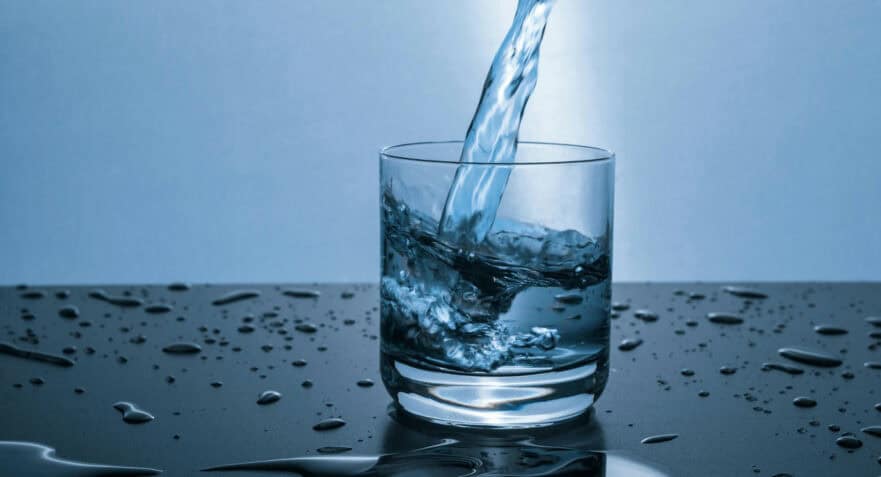- The Harm of Smoking to the Ears - April 9, 2025
- The Importance of Exercise for Hearing Health - March 11, 2025
- Movie Theaters and Hearing Aids - February 13, 2025
Extreme weather conditions, like summer heat waves, pose significant health risks. Those most at risk include older adults, children, and individuals with certain medical conditions. During heat waves, it’s important to maintain personal health by staying cool. And if you wear hearing aids, you also need to protect your devices from excessive heat.
Understanding Heatwaves
Heatwaves can be defined as prolonged periods of excessively hot weather, which may also be accompanied by high humidity. These conditions can lead to heat exhaustion, heatstroke, and dehydration, among other health issues. It’s important to know how to protect yourself during these times is crucial.
Recognizing Heat-related Illnesses
Here are some of the common signs of heat-related illnesses:
- Heat Exhaustion: Symptoms include heavy sweating, weakness, cold and clammy skin, a fast but weak pulse, and fainting. Move to a cooler place, loosen your clothes, and apply cool, wet clothes to as much of your body as possible.
- Heat Stroke: This is a severe medical emergency. Symptoms include high body temperature (above 103°F), hot and red skin, sweating, rapid and strong pulse, and possible unconsciousness. Call 911 immediately.
Staying Safe: General Tips
If you live in an area that’s expecting summer heat waves, here are some tips to stay safe:
- Stay Hydrated: Drink plenty of water throughout the day, even if you don’t feel thirsty. Avoid alcoholic and caffeinated beverages as they can lead to dehydration.
- Keep Cool: Stay indoors during the peak sun hours (10 a.m. to 4 p.m.). Use fans or air conditioning to maintain a cool environment. If you don’t have air conditioning, consider visiting public spaces that do, like libraries or shopping malls.
- Dress Appropriately: Wear lightweight, loose-fitting, and light-colored clothing to reflect sunlight and facilitate sweat evaporation.
- Eat Light: Opt for smaller, more frequent meals during high temperatures. Avoid hot, heavy foods and opt for fruits and vegetables, which have high water content.
- Check on Others: Regularly check on family members, friends, and neighbors who are at higher risk of heat-related illnesses.
- Heat Apps: Download smartphone applications that monitor heat indexes and send heat alerts. These apps can provide valuable information and reminders to take precautions on particularly hot days.
- Stay Informed: Keep an eye on local weather forecasts and heat advisories. Awareness of predicted temperature changes can help you prepare and adjust your plans accordingly.
Schedule Outdoor Activities Carefully
If you must be outdoors, plan your activities during the cooler parts of the day, typically early morning or late evening. Avoid strenuous activities during peak heat hours as this can quickly lead to heat exhaustion or heat stroke.
Protecting Your Hearing Aids
Hearing aids are delicate instruments that can be affected by extreme heat and humidity. If you wear hearing aids, here are a few guidelines to protect them during a summer heat wave:
Avoid Direct Sunlight
Never leave your hearing aids in direct sunlight, such as on a windowsill or in a car, as the heat can warp or melt the plastic components and damage the internal circuitry.
Control Humidity
High humidity can cause moisture buildup in your devices and impact functioning. Use a hearing aid dehumidifier overnight to remove any moisture that has accumulated during the day. Try to stay in air-conditioned or well-ventilated areas as much as possible.
Keep Them Dry
Wear a hat to protect your hearing aids from sweat and humidity. If your devices get wet, turn them off immediately, remove the batteries, and place them in a dehumidifier. You can also wear a sweatband or hearing aid cover to protect your devices.
Store Properly
When not in use, store your hearing aids in a cool, dry place. Avoid leaving them in your car or any other area that might become excessively hot. Store in a protective case that can offer additional protection.
Regular Cleaning
Heat and humidity can cause earwax and other debris to clog your hearing aids. Clean them regularly following the manufacturer’s instructions or consult your hearing health specialist for professional cleaning.
Visit Us For Ongoing Support
By following these tips, you can reduce the risk of heat-related illnesses and ensure that your hearing aids continue to function correctly. If you need support preparing your hearing aids for a heat wave, visit us today.

